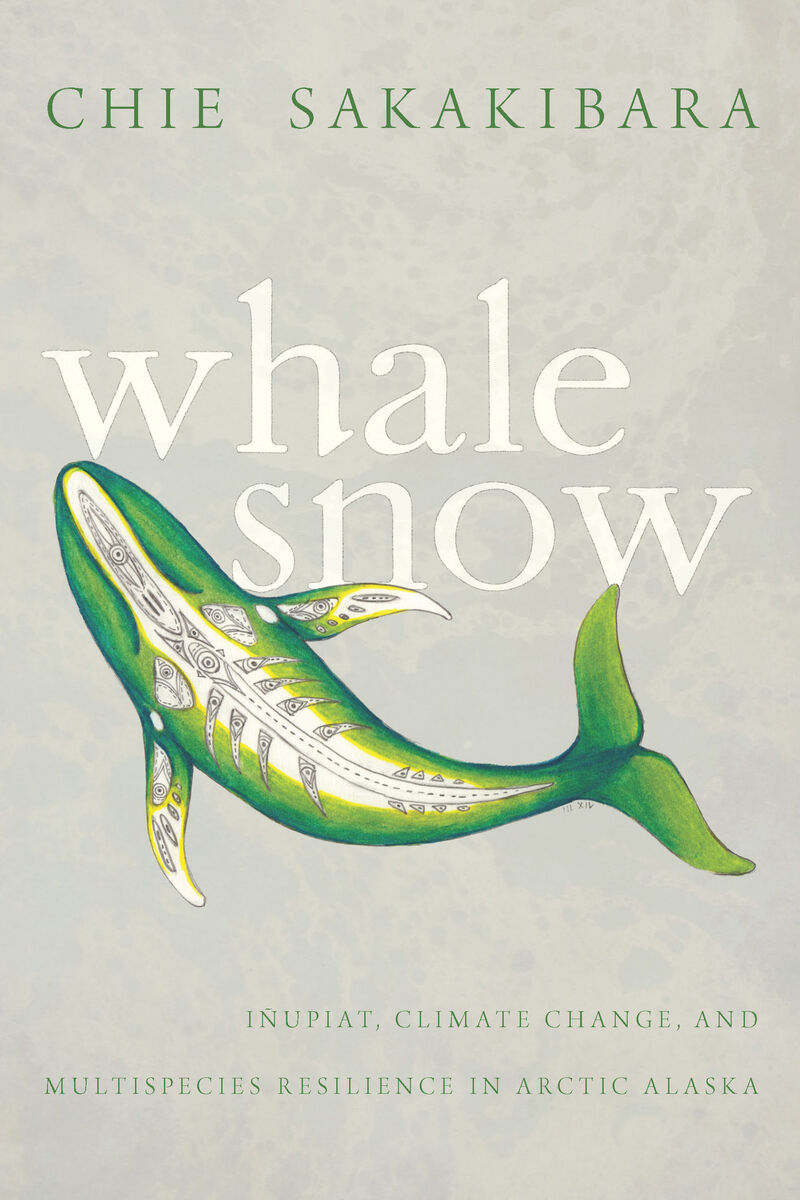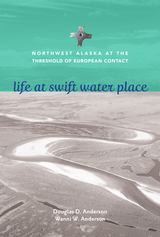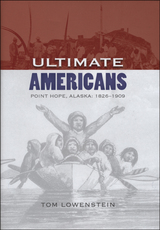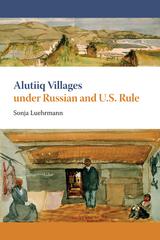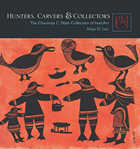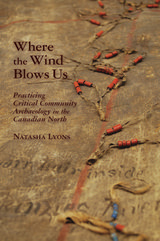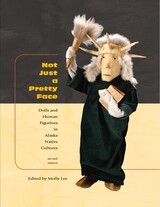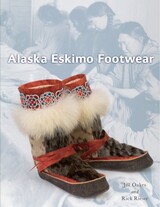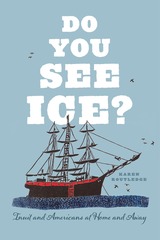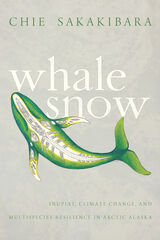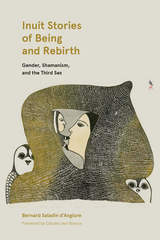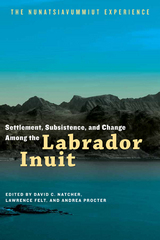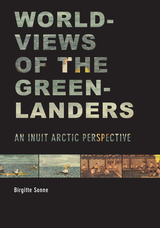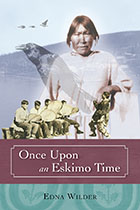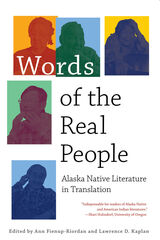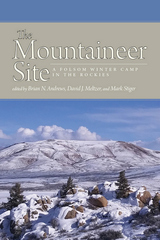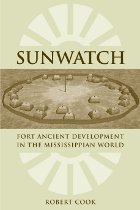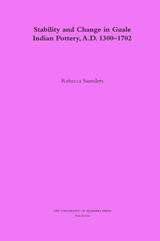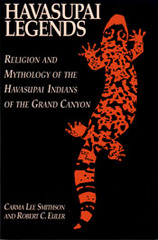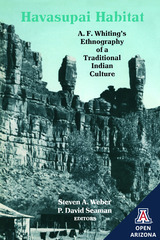Whale Snow: Iñupiat, Climate Change, and Multispecies Resilience in Arctic Alaska
University of Arizona Press, 2014
eISBN: 978-0-8165-4214-7 | Paper: 978-0-8165-2961-2 | Cloth: 978-0-8165-4215-4
Library of Congress Classification E99.E7S3126 2020
Dewey Decimal Classification 971.0049712
eISBN: 978-0-8165-4214-7 | Paper: 978-0-8165-2961-2 | Cloth: 978-0-8165-4215-4
Library of Congress Classification E99.E7S3126 2020
Dewey Decimal Classification 971.0049712
ABOUT THIS BOOK | AUTHOR BIOGRAPHY | REVIEWS | TOC
ABOUT THIS BOOK
As a mythical creature, the whale has been responsible for many transformations in the world. It is an enchanting being that humans have long felt a connection to. In the contemporary environmental imagination, whales are charismatic megafauna feeding our environmentalism and aspirations for a better and more sustainable future.
Using multispecies ethnography, Whale Snow explores how everyday the relatedness of the Iñupiat of Arctic Alaska and the bowhead whale forms and transforms “the human” through their encounters with modernity. Whale Snow shows how the people live in the world that intersects with other beings, how these connections came into being, and, most importantly, how such intimate and intense relations help humans survive the social challenges incurred by climate change. In this time of ecological transition, exploring multispecies relatedness is crucial as it keeps social capacities to adapt relational, elastic, and resilient.
In the Arctic, climate, culture, and human resilience are connected through bowhead whaling. In Whale Snow we see how climate change disrupts this ancient practice and, in the process, affects a vital expression of Indigenous sovereignty. Ultimately, though, this book offers a story of hope grounded in multispecies resilience.
Using multispecies ethnography, Whale Snow explores how everyday the relatedness of the Iñupiat of Arctic Alaska and the bowhead whale forms and transforms “the human” through their encounters with modernity. Whale Snow shows how the people live in the world that intersects with other beings, how these connections came into being, and, most importantly, how such intimate and intense relations help humans survive the social challenges incurred by climate change. In this time of ecological transition, exploring multispecies relatedness is crucial as it keeps social capacities to adapt relational, elastic, and resilient.
In the Arctic, climate, culture, and human resilience are connected through bowhead whaling. In Whale Snow we see how climate change disrupts this ancient practice and, in the process, affects a vital expression of Indigenous sovereignty. Ultimately, though, this book offers a story of hope grounded in multispecies resilience.
See other books on: Alaska | Climate Change | Climatic changes | Human-animal relationships | Indigenous Studies
See other titles from University of Arizona Press
